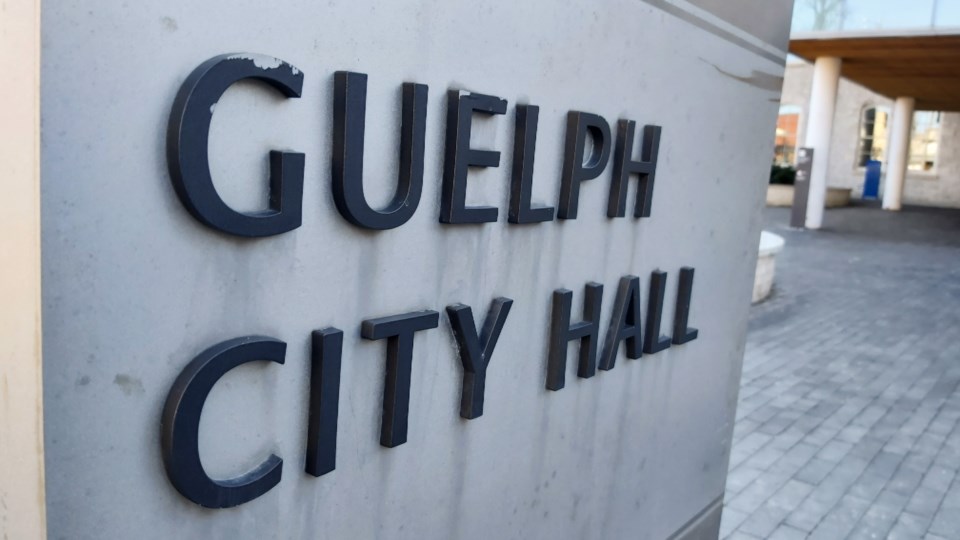Property tax bills in Guelph are set to grow again, as city officials work to finalize the 2025 municipal spending plan.
With many of the outside boards and committees seeking increases in funding – mainly Guelph police, the County of Wellington and Guelph Public Library – the overall property tax increase is proposed to come in at 6.8 per cent above 2024 levels.
City council formalized its part of the 2025 budget in November, complete with a 3.66 per cent property tax increase. Outside boards and committees are slated to present their budgets to council on Jan. 22 and, if approved as-is, will add another 3.14 per cent to tax bills, putting the collective increase at 6.8 per cent.
“While council does not have direct oversight of these boards and agencies, city councillors sit as members of the board of governors for each of these entities,” notes a staff report to council, explaining its ability to influence the budgets.
Based on the 2024 median residential property value for a single detached home assessed at $408,000, a 6.8 per cent property tax increase is equal to about $324 more for the year, acting-treasurer Shanna O'Dwyer told GuelphToday via email.
The biggest increases come from police (a $5.1 million increase), the County of Wellington ($4.6 million), which provides housing services on behalf of the city, and Guelph Public Library ($624,000).
This past February, Mayor Cam Guthrie called for the creation of a draft city budget with no more than a four per cent property tax increase for 2025; at the time it was set at 9.79 per cent through the city’s multi-year budget.
Boards and committees were included in that request. If they were to meet it, their total increase would have been limited to 1.37 per cent, or $4.4 million collectively.
The budgets, as presented, call for a nearly $10.2 million increase, or a 3.14 per cent jump in property taxes.
The only funding decrease comes from The Elliott Community, which has requested a $260,606 dip in dollars.
Wellington-Dufferin-Guelph Public Health has requested a $83,051 increase, while the Grand River Conservation Authority is asking for $51,700 more than in 2024.
